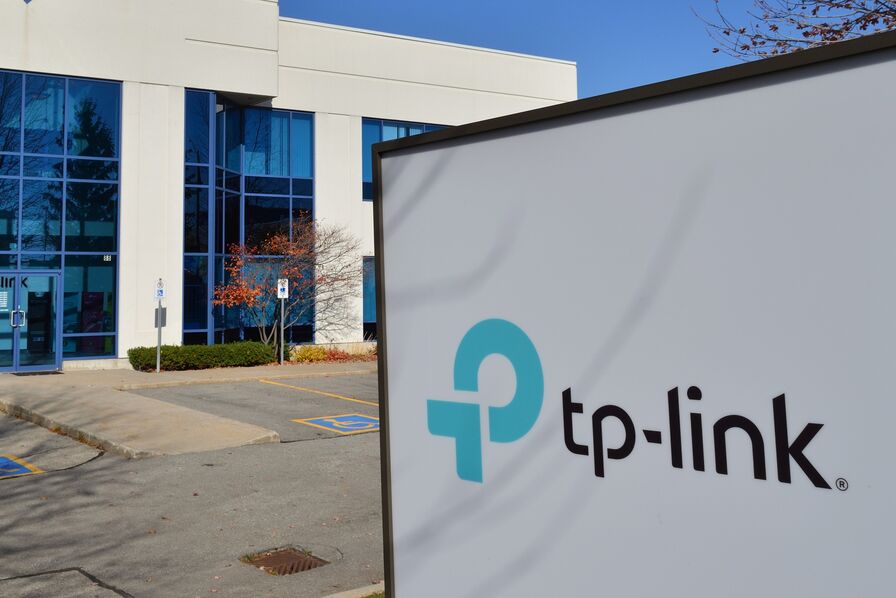
Apple is working with Broadcom to develop the first AI chip to equip servers in its data centers. The message is clear: the Cupertino company is seeking to eliminate Nvidia’s influence. Or at least to regain a little wiggle room.
Last May, The Wall Street Journal He first mentioned Apple’s need to catch up with AI by developing chips better suited to these needs, even evoking the project’s codename internally: “Project ACDC” for “Apple Chips in Data Center.” This time, the links between Apple and Broadcom have been reported by our colleagues at Information.
Serve Apple’s purposes for deploying AI features
This strategy mainly serves Apple’s purposes in terms of developing its portfolio of AI-based products. It was announced this weekChatGPT integration with iOS 18.2, iPadOS 18.2, and macOS Sequoia 15.2Thus combining Siri and the OpenAI chatbot thus increasing the ability to respond to users.
In parallel with this integration, other Apple Intelligence features are available for iPhone, iPad and Mac: Image Playground and Genmoji, more dynamic typing tools and Visual Intelligence for iPhone 16 models, many more tools, sure, but they consume a lot of power.
Transition to TSMC’s N3P engraving technology
Apple’s AI chip is known internally by the codename Baltra and is expected to be ready for mass production by 2026. In this partnership, Broadcom is stepping in as a microchip supplier. In addition, Broadcom will provide its expertise and infrastructure to Apple. AI servers require networked processors and Broadcom specializes in that.
For its manufacturing, Apple plans to rely on one of TSMC’s most advanced processes, known as N3P. This process, which has been presented as the best in 3nm etching, focuses on optimizing transistor density to miniaturize components, improve performance and reduce power consumption.
A way to respond to the drawback of its predecessor, the N3E, which actually allows for advances in production costs and efficiency but at the expense of transistor density. Note that the first wafers etched using the N3P process should arrive in 2025.
Reducing dependence on Nvidia
By embarking on such an initiative, the iPhone maker would join other major technology companies (including… OpenAI which also chose Broadcom) which has developed its own chips to run compute-intensive AI services and reduce its reliance on expensive, short-supply processors from Nvidia, as noted by Reuters.
At its annual developer conference in June, the company already announced plans to use its server chips to help power AI features on its devices. Its work in developing in-house chips has already been praised in the past, particularly the M series processors that replaced Intel’s chips. Today Apple is in its fourth generation.







